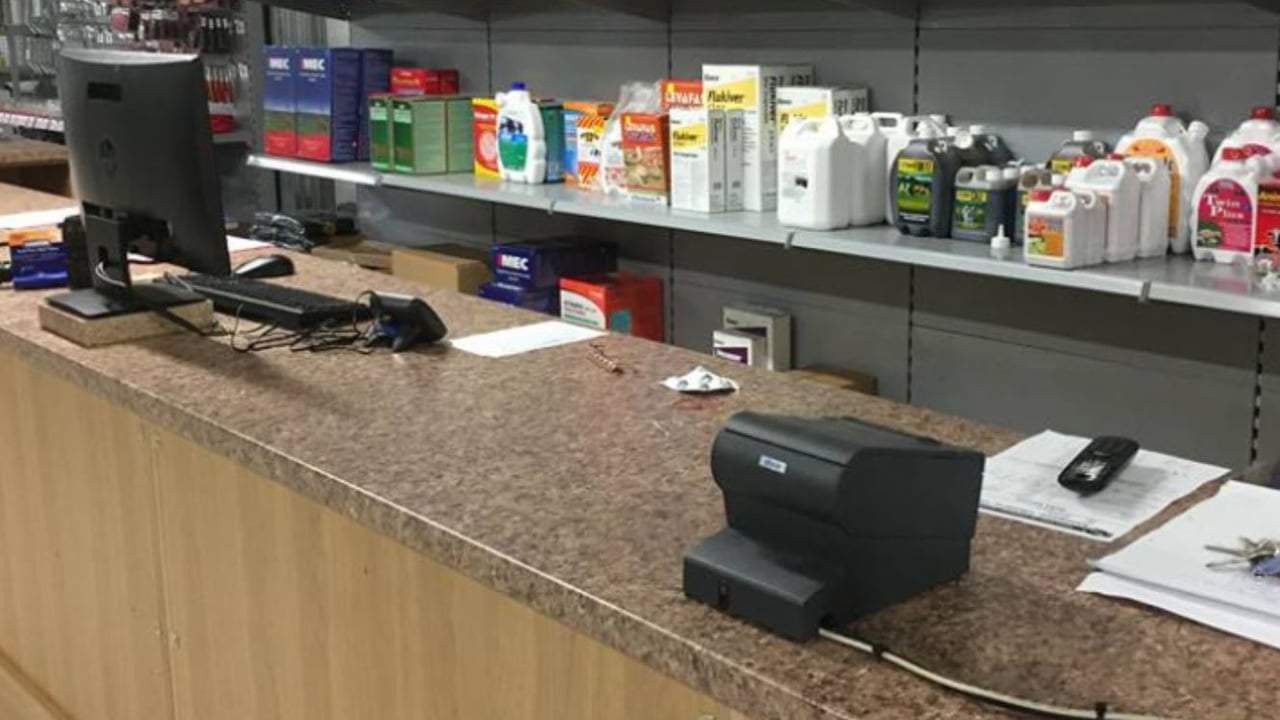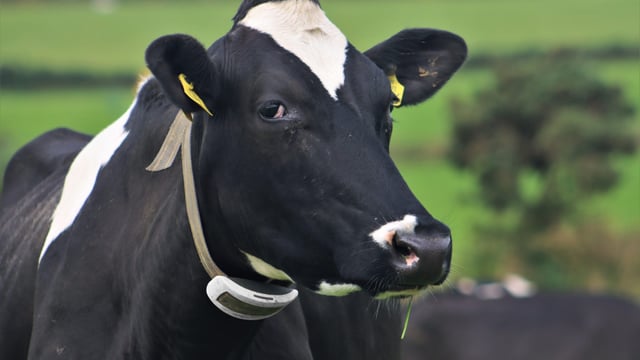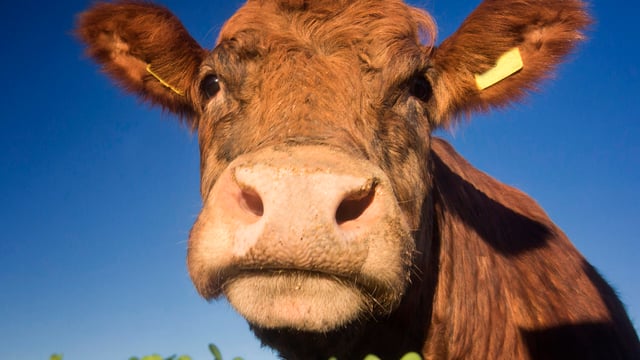'Up-regulation' for antiparasitic products deferred to September
The introduction of the requirement for antiparasitic veterinary medicines to be provided only with prescriptions has been deferred until September 1.
From September 1, a veterinary prescription will be required for all antiparasitic veterinary medicinal products for food producing animals.
The implementation date has been moved to acknowledge the significant change required in moving to digital prescribing for both prescribers and retailers of veterinary medicines, and also farmers, according to the Department of Agriculture, Food, and the Marine.
Digital prescribing via the National Veterinary Prescription System (NVPS) was introduced on January 13 for the prescribing and dispensing of all prescription-only veterinary medicines.
According to Minister for Agriculture, Food, and the Marine Martin Heydon, there has been "significant engagement" with the NVPS since January, but "greater engagement" is needed in the intervening period to support a smooth transition and maintenance of current supply chains.
“I am conscious that this is a marked change to the regulation of antiparasitics. It is, however, necessary to address the increasing challenge of antiparasitic resistance, and evidence-based prescribing will support farm productivity and food security into the future," the minister said.
Antiparasitics are prescription-only medicines in all other EU member states. A 2019 report from Health Products Regulatory Authority (HPRA) outlined the requirement for the "up-regulation" of antiparasitics to prescription-only medicines due to evidence of antiparasitic resistance.
Antiparasitics resistance is frequently cited by authorities as a significant threat to animal health and welfare, and overall farm productivity and profitability.
Last week, the Veterinary Council of Ireland (VCI) announced that it is updating its code of professional conduct in response to the changes brought on by the new veterinary medicines regulations.
The VCI, which is the statutory body for regulating veterinary medicine in Ireland, said that its code of professional conduct is a binding code of conduct setting mandatory standards for the practice of veterinary medicine for all veterinary practitioners registered in the country.
The body said that this update to the VCI code of conduct is required in response to the implementation of an EU regulation on veterinary medicinal products and the rules around the prescribing and use of veterinary medicines.











